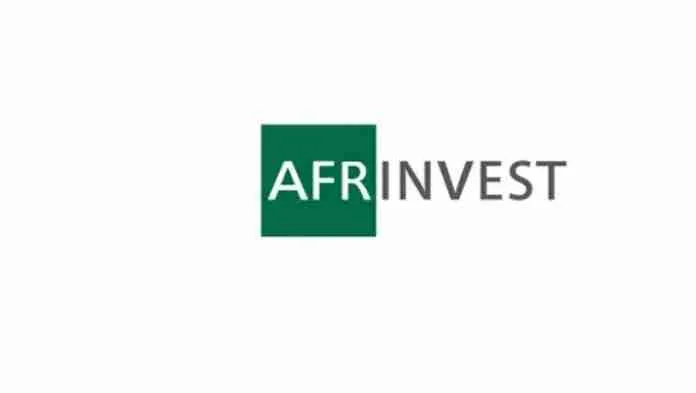QU Dongyu, Director-General of the Food and Agriculture Organization of the United Nations (FAO) has appealed for peace, recognition of the right to food, and reform of multilateral institutions as cardinal imperatives. He said this during the G20 Foreign Affairs Ministers Meeting held recently in Brazil.
The Meeting was the first major event of Brazils 2024 G20 presidency, which features hunger, sustainable development and global governance as the key priorities. It was attended by the foreign affairs ministers of countries that together represent around 85 percent of global gross domestic product, 75 percent of world trade and around two-thirds of the worlds population. They were joined at the meeting by the heads of other international organizations including the International Monetary Fund, the World Bank, the World Health Organization and the World Trade Organization as well as UNESCO.
Dongyu told the audience that FAO calls for the prioritization of actions that promote food security globally to achieve the Four Betters: better production, better nutrition, a better environment, and a better life, leaving no one behind. He spoke at the first session, which focused on the G20s role in dealing with conflicts and ongoing international tensions.
He said, We need a global governance system that is fit for purpose, works in an efficient, effective, and coherent manner, is accountable to its members, and fully aligned and committed to achieve all the SDGs. Not only that, he also said, When it comes to hunger and poverty it must prioritize people, while also protecting the planet. Agrifood systems are solutions based on science and data.
Lula da Silva, President of Brazil said he has also set up a task force with the intention of establishing a Global Alliance Against Hunger and Poverty by the end of the year. He said this will be open to all countries, not limited to the club of G20.
FAOs Director-General praised Brazil for leading that initiative.
Rising food and energy prices in the wake of the COVID-19 pandemic, natural disasters, as well as ongoing conflicts and wars and asymmetrical fiscal and monetary strains, impacted food security beyond traditional hunger hotspots. That explains that concern of the FAO Director-General who emphasised the importance of increased investment to transform global agrifood systems to be more efficient, more inclusive, more resilient and more sustainable, noting that it will be critical to reduce hunger and bring people out of poverty as well as assure healthy and nutritious foods for all.
He pointed to three main pathways by which FAO supports and complements the efforts of the broader UN system: tackling acute hunger; bolstering efficient agricultural markets; and increasing the resilience of all Members and their populations.
The food security work entails a range of activities ranging from FAOs hosting of the Integrated Food Security Classification (IPC) global support unit, which maps emerging hunger crises around the world, to taking an active role in fostering the goals of the Black Sea Grain Initiative, which aimed to mitigate conflicts impact on large global trade flows.
The markets work is geared towards increasing production and price information and transparency and includes hosting the Agricultural Market Information System (AMIS), which was established by the G20 in 2011 and played an important role in preventing excessive market volatility during the COVID-19 pandemic.
The organisation’s chief executive also advocates the need to create opportunities for the poor to increase their incomes and improve their livelihoods. He said that priority investment areas should include digitalisation and innovation as well infrastructure and better education and health services are all priority investment areas.
FAO, working as a professional facilitator serving 194 Members, is at the center of a global governance architecture for food security, engaging the International Fund for Agricultural Development (IFAD), the World Food Programme (WFP), the WHO and the WTO along with a partnership of 60 years with the World Bank and other international financial organisations and multilateral development institutions. The Director-General highlighted that FAO offers a unique platform for governments, academic institutions, civil society groups, the private sector and other key partners for exchange of knowledge and dialogues.
Qu pointed to the Global Roadmap for Achieving SDG2 without breaching the 1.5C threshold, which FAO launched at the COP 28 climate summit late last year. The director general said the roadmap launched at the COP 28 climate summit last will be a catalyst to guide financing for accelerated climate actions that will transform agrifood systems, which will in turn achieve good and nutritious food for all today and tomorrow.












